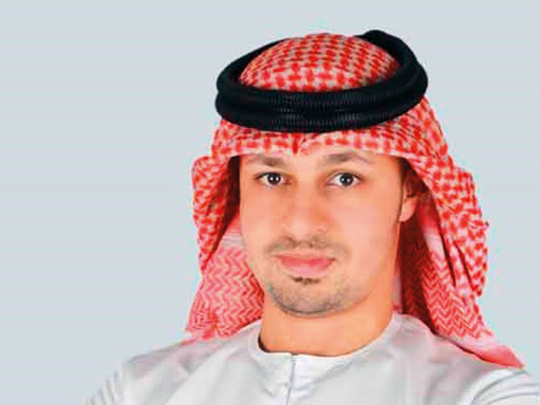
Dubai: The initial spike in emergency cases with the onset of Ramadan has stabilised, an emergency official said.
In the first five days of Ramadan, the Dubai Corporation for Ambulance Services (DCAS) responded to 1,866 emergency calls, a rate higher than the usual during normal days.
Car accidents and cases dealing with patients of blood pressure and diabetes were among the most common calls received by DCAS during Ramadan.
“During the early days of Ramadan, there is always an increase in the number of emergency calls due to the rise in the number of car accidents, especially before iftar time,” Ahmad Abdul Hakeem, head of the emergency department at DCAS. “Also, many patients with chronic health conditions such as diabetes and blood pressure tend to face health complications during Ramadan.”
Hakeem said in some cases, patients experienced a sudden drop in their blood sugar or blood pressure while driving their cars and had to stop the cars on the road.
“The number of emergency calls does return to normal as people get more used to fasting and adjust to the month, with the peak of the calls being between 2pm and 2am instead of 11am and 11pm on normal days,” he added.
There are recurring cases of exhaustion and heat strokes among labourers and drop in blood sugar levels during the month of Ramadan, said Al Hakeem. “Just before iftar, car accidents range from minor to major, but most of the time we deal with major cases as a result of speeding and reckless driving to catch iftar.
“We have dealt with a number of cases of overeating which leads patients to experience severe abdominal pain,” said Mohammad Amer, a paramedics supervisor at DCAS. “When we receive an emergency call, we have to respond to it regardless of the case,”
He warned patients with blood pressure or diabetes to make sure that they are adequately taking care of themselves and their health and to ensure the right kind of medical guidance and counselling.
“We advise these types of patients to be extra careful and avoid driving before iftar because this is the time their bodies can experience a drop in levels and their concentration can be reduced. They should also ensure they are following up with their doctors so no health complications arise before, during and after the fast,” he said.












